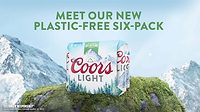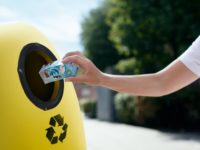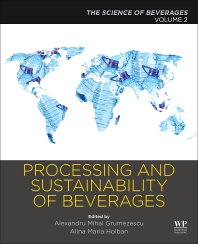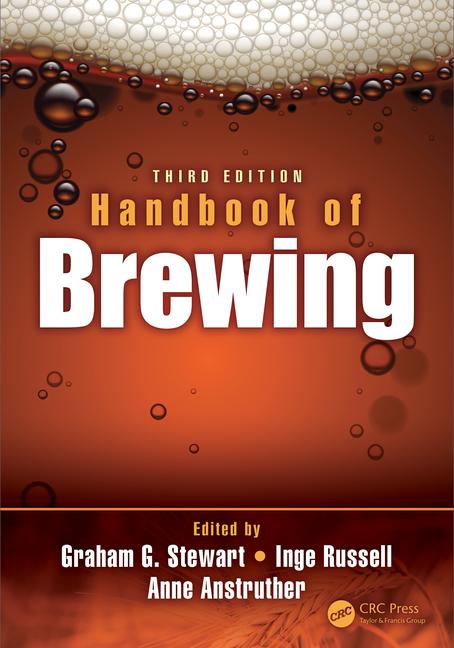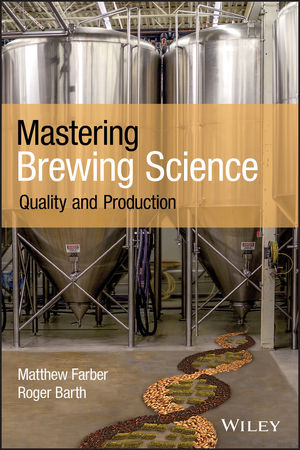Refrigerated truck and trailer makers focus on greater sustainability
Thermal reduction, all-electric among solutions from truck manufacturers

With ever-increasing attention on delivery fleets’ carbon footprints, a component that is often targeted when companies are working to achieve their emissions-reduction goals is refrigeration. That remains a significant challenge when more and more beverages — be they certain styles of craft beers or temperature-sensitive functional and health drinks — are requiring greater investment in climate-controlled trucks and trailers. Top original equipment manufacturers (OEMs) and trailer manufacturers have made strides recently in meeting such demand, for both traditionally fueled and electric vehicles.
Isuzu and Thermo King
This year, Isuzu Commercial Truck of America announced the development of its all-electric NRR EV, integrated with the Thermo King e300 all-electric transport refrigeration unit. The company says that the class 5 vehicle is its next generation of medium-duty delivery trucks, whose advanced powertrain is critical to the development of an all-electric refrigerated vehicle in that class.
The powertrain features an electric-power takeoff (ePTO), with an operating range between 7 and 12 kilowatt-hours (kWh) and peak output of 26 kWh when there are spikes in demand. Isuzu contends that the ePTO operates seamlessly without a switch. In other words, the operator won’t need to turn it up or down in relation to the power demands of the onboard equipment. The truck’s computer communicates directly with the Thermo King unit, providing whatever power is needed.
The low cab forward refrigerated all-electric box truck is designed to help distributors meet their reduced emissions goals. The Thermo King e300 uses an R-452A, low global warming potential (GWP) refrigerant, which, Isuzu says, can reduce carbon emissions by around 45% versus traditional refrigerants. The R-452A refrigerant, comes standard on all vans, trucks and trailer refrigeration units that Thermo King makes.
Great Dane
Trailer maker Great Dane has been touting its own sustainable solutions for its Everest product line. Its Strata System, it says, provides layers of protection to maximize the operational lifespan of its Everest units, while its ClimaCore insulation was developed with a new blowing agent to greatly minimize any contribution to climate change.
Additionally, its PunctureGuard lining is reinforced with Microban, a broad-spectrum antimicrobial component that combats bacteria growth, odors and stains for the life of the trailers.
Operators also can upgrade the lining to ThermoGuard to maintain insulation integrity by preventing moisture intrusion and outgassing. The company says those adverse effects can be particular scourges for refrigerated trailers without a specialized impermeable liner, noting that the unit can lose up to 25% of its insulating capability within the first five years of its life just from outgassing. And moisture intrusion through a permeable liner can add weight to the overall vehicle, reducing efficiency and limiting load sizes over time.
The exterior’s protected from the elements by Ultra Road Shield, with enhanced corrosion protection.
Wabash
One of the feathers in trailer producer Wabash is its Acutherm suite of components, products and solutions that, it says, intuitively maintains desired temperatures, regardless of application or environmental conditions.
The system features EcoNex technology, which, Wabash asserts, not only help ensure higher levels of thermal performance, but also helps chip away at its carbon footprint. Wabash calls EcoNex the “next generation molded structural composite and says that units incorporating the technology require less fuel to transport refrigerated products. That leads to fewer greenhouse gas emissions and an overall lower carbon footprint. In addition, panels that feature EcoNex are lighter in weight and more thermally efficient.
Looking for a reprint of this article?
From high-res PDFs to custom plaques, order your copy today!





